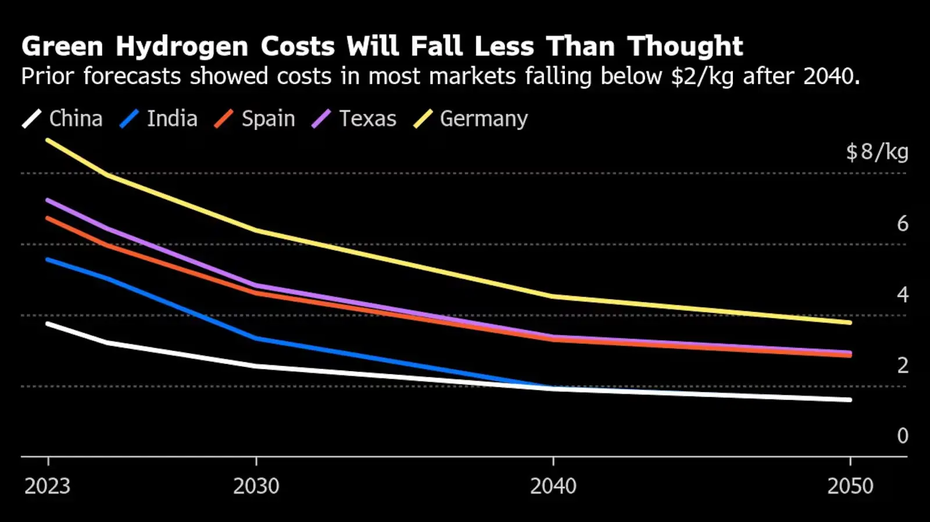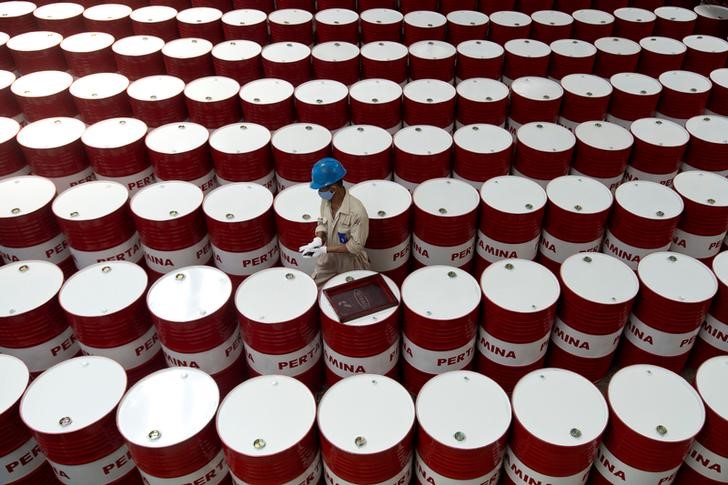Hydro sources generated 147 billion kilowatt-hours (kWh) in August, up from 123 billion kWh in the same month a year earlier, according to data from the National Bureau of Statistics (NBS).
Hydro generation was the second-highest on record, only just below the peak of 148 billion kWh set in July 2022 (“Output of energy products”, NBS, September 20).
Increased hydro (+24 billion kWh) more than accounted for the total rise in generation from all sources (+20 billion kWh) compared to August 2022.
It made up for weaker generation from wind farms (-2 billion kWh) and modest increases from solar (+6 billion kWh) and nuclear (+2 billion kWh).
And it allowed for a cut in thermal output (-10 billion kWh), most of which is fuelled by emissions-intensive coal.
Chartbook: China electricity generation
The increase in hydro compared with the previous year was the first significant one in 13 months and occurred despite continued low-rainfall across the southwestern provinces where most hydro generators are located.
The surge represents a deliberate decision by generators and regulators to risk depleting reservoirs in order to prevent a repeat of previous summer electricity shortages.
It came at a time when domestic coal production, which had been increasing rapidly earlier in the year, was growing more slowly following mine safety checks.
But given the persistence of drought across the southwest, it is unlikely hydro can continue to generate at such elevated levels.
Instead it is more likely hydro will be restricted until the arrival of spring rains in April 2024 and probably until the onset of the next major wet season in July 2024.
COAL PRODUCTION
The total amount of coal available from domestic mines and imports increased by 27 million metric tons or 7% compared with the same month a year earlier.
But domestic production was up by just 12 million tons or 3% while imports surged by 15 million tons or 50%.
Mine output growth has slowed significantly since May, which limits how much more coal-fired generation can be provided to the grid.
The surge in hydro helped avoid electricity shortages and blackouts during this summer’s heatwave, but may limit output later in the year and put more pressure on coal supplies during winter 2023/24.








